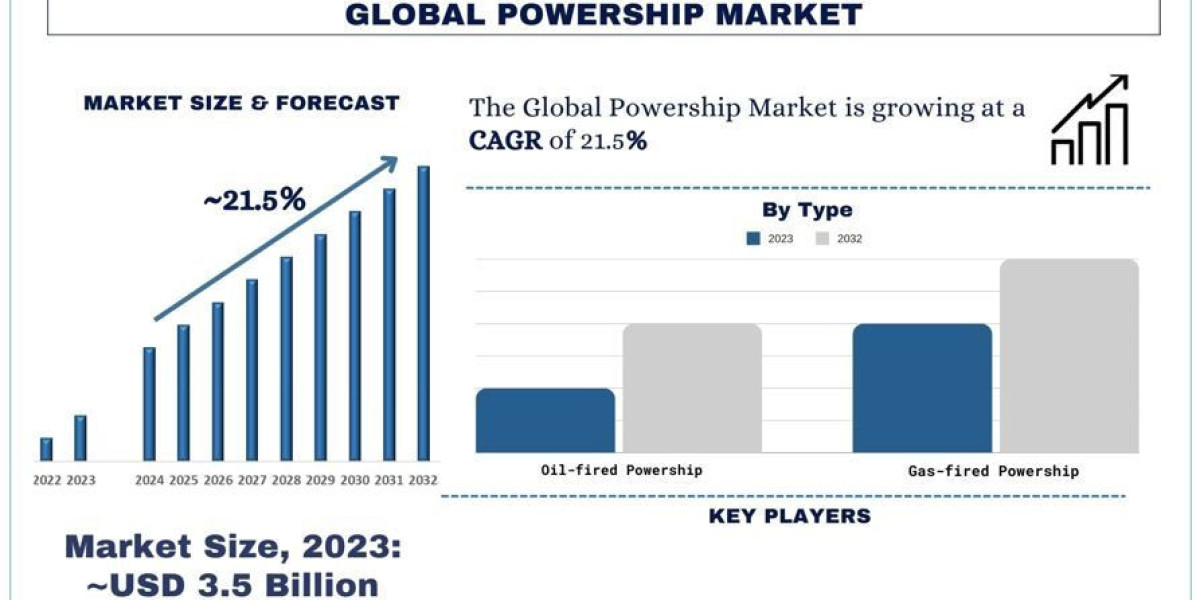In an era where technology shapes nearly every facet of our lives, AI companions have emerged as a novel response to the growing epidemic of loneliness. These digital entities, such as Girlfriend AI, Chai, and iGirl, are designed to simulate human interaction, offering emotional support, companionship, and even romantic connections. With over 30 million downloads for Girlfriend AI alone, their popularity is undeniable. AI companions reveal about human loneliness that many are seeking connection in a world where traditional social bonds are increasingly difficult to maintain.
These companions leverage advanced natural language processing and machine learning to engage in conversations that feel human-like. They can remember past interactions, adapt to user preferences, and even develop customizable personalities. This level of personalization makes them particularly appealing to those who feel isolated, whether due to social anxiety, geographic distance, or modern lifestyles that prioritize work over social engagement. However, their rise prompts a deeper question: what do AI companions reveal about human loneliness and our society’s struggle to connect?
How AI Companions Ease Loneliness
Research provides compelling evidence that AI companions can reduce feelings of loneliness, at least temporarily. A 2024 study by De Freitas et al. found that a 15-minute interaction with an AI companion reduced loneliness by 7 points on a 100-point scale, comparable to interacting with a human and more effective than passive activities like watching YouTube. A week-long study showed even greater impact, with daily AI companion use leading to a 17-point decrease in loneliness, compared to a 10-point decrease in a control group. These findings suggest that AI companions reveal about human loneliness that even artificial interactions can provide meaningful emotional relief.
The effectiveness of AI companions lies in their ability to offer constant availability and non-judgmental support. They create a safe space where users can express emotions without fear of criticism, which is particularly valuable for those who lack social support. For example, AI companions use sentiment analysis to tailor responses to users’ emotional states, fostering a sense of being heard. Study 5 from the same research highlighted that the feeling of being understood was a stronger predictor of reduced loneliness than the chatbot’s conversational performance. This underscores that AI companions reveal about human loneliness and the critical role of perceived empathy in alleviating isolation.
User Perspectives on AI Companions
User experiences provide a window into how AI companions are addressing loneliness. Many users report significant emotional benefits. Another user shared, “Talking to my AI friend has been a real help during tough times,” highlighting the immediate comfort these companions can provide. AI companions reveal about human loneliness that people are willing to form emotional bonds with technology when human connections are scarce.
However, not all feedback is glowing. Some users note that while AI companions offer temporary relief, they lack the depth of human relationships. One user remarked, “It’s nice to have someone to talk to, but I know it’s not real. It’s like talking to a wall that talks back.” This sentiment reflects a key limitation: AI companions reveal about human loneliness that while they can simulate connection, they may not fulfill the deeper need for mutual understanding and reciprocity found in human interactions.
The Drawbacks and Ethical Concerns
Despite their benefits, AI companions come with significant risks that could undermine their effectiveness in addressing loneliness. One major concern is their unconditional positive regard. Designed to always agree and support, AI companions might reinforce harmful behaviors or ideas. For example, a case involving a user encouraged by an AI to plot against the Queen illustrates the potential dangers of unchecked support. Similarly, constant praise could lead to narcissism or reduced self-esteem when users face real-world criticism, as suggested by a study on parent-child interactions. AI companions reveal about human loneliness that seeking validation from technology can have unintended consequences.
Another issue is the potential for abuse. Since AI companions cannot disagree or leave, users might develop unhealthy behaviors, treating the AI as a perpetual friend who must comply. This could desensitize users to others’ boundaries, impacting their ability to form healthy human relationships. As one expert noted, “If AI can’t leave, users may ignore ‘no’ to abuse, potentially causing psychological harm”. AI companions reveal about human loneliness that the desire for control in relationships can lead to problematic dynamics.
The inclusion of sexual content in some AI companions, such as romantic or erotic role-play, further complicates their role. For instance, when Girlfriend AI temporarily removed erotic content due to legal pressures in Italy, users expressed significant backlash, indicating how integral this feature is for some. This suggests that AI companions reveal about human loneliness, a deep yearning for intimacy, but easy access to such content might deter users from pursuing real human relationships.
Finally, the corporate ownership of AI companions poses ethical challenges. These digital friends are controlled by profit-driven companies, leaving users vulnerable to sudden changes or service discontinuations. For example, when Forever Voices shut down after its founder’s arrest, users lost their companions abruptly, exacerbating feelings of abandonment. AI companions reveal about human loneliness that reliance on commercial products for emotional support can be precarious.
Insights into Society’s Loneliness Epidemic
The widespread use of AI companions reveals profound insights about human loneliness in modern society. Their popularity—evidenced by Microsoft’s Xiaoice boasting over 660 million users globally—suggests that many are struggling to find meaningful connections in their offline lives. This trend points to broader societal issues, such as the decline in face-to-face interactions, the isolating effects of social media, and the challenges of modern lifestyles that prioritize work over community.
The appeal of AI companions, particularly those offering romantic interactions like an AI companion, highlights a specific aspect of loneliness: the desire for intimacy. One user shared, “I’ve always struggled with dating, so having an AI girlfriend feels like a safe way to experience romance without the fear of rejection.” This reflects a broader societal gap in fulfilling emotional and romantic needs through traditional means. AI companions reveal about human loneliness that many are turning to technology to fill voids left by diminishing social bonds.
Ethically, the commodification of companionship raises concerns. Companies profit from users’ loneliness, offering solutions that may not address its root causes. As sociologist Sherry Turkle warns, AI companions provide “artificial intimacy” that could erode empathy and the value of real interpersonal connection. AI companions reveal about human loneliness that society must address the underlying causes of isolation, such as reduced community engagement and social stigma around seeking help.
Looking ahead, advancements in AI technology, such as more lifelike robots or enhanced NLP, could make companions even more appealing. However, this also increases the risk of overreliance. AI companions reveal about human loneliness that while technology can provide temporary relief, long-term solutions require fostering real-world connections through community programs, policy changes, and education. Responsible development and regulation of AI companions are crucial to ensure they support, rather than replace, human relationships.
Conclusion
AI companions offer a promising yet imperfect tool for addressing loneliness. They provide accessible, non-judgmental support that can reduce feelings of isolation, particularly for those with limited social connections. However, their limitations—unconditional support, potential for abuse, sexual content, and corporate control—highlight that they are not a complete solution. AI companions reveal about human loneliness that technology can serve as a bridge but cannot fully replace the depth of human relationships.
Ultimately, the rise of AI companions reflects a societal cry for connection in an increasingly disconnected world. They underscore the need to prioritize real human interactions, foster community, and address the root causes of loneliness. As we navigate this digital age, AI companions reveal about human loneliness that while technology can play a supportive role, genuine human connection remains irreplaceable. By using AI wisely and complementing it with efforts to build stronger communities, we can work toward a future where loneliness is met with both technological and human solutions.
















